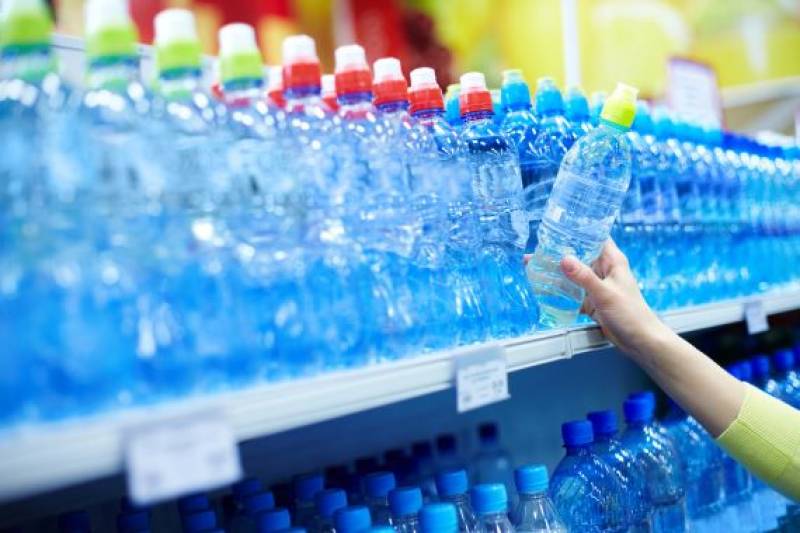- Region
- Águilas
- Alhama de Murcia
- Jumilla
- Lorca
- Los Alcázares
- Mazarrón
- San Javier
-
ALL AREAS & TOWNS
- AREAS
- SOUTH WEST
- MAR MENOR
- MURCIA CITY & CENTRAL
- NORTH & NORTH WEST
- TOWNS
- Abanilla
- Abarán
- Aguilas
- Alamillo
- Alcantarilla
- Aledo
- Alhama de Murcia
- Archena
- Balsicas
- Blanca
- Bolnuevo
- Bullas
- Cañadas del Romero
- Cabo de Palos
- Calasparra
- Camping Bolnuevo
- Campo De Ricote
- Camposol
- Canada De La Lena
- Caravaca de la Cruz
- Cartagena
- Cehegin
- Ceuti
- Cieza
- Condado de Alhama
- Corvera
- Costa Cálida
- Cuevas De Almanzora
- Cuevas de Reyllo
- El Carmoli
- El Mojon
- El Molino (Puerto Lumbreras)
- El Pareton / Cantareros
- El Raso
- El Valle Golf Resort
- Fortuna
- Fuente Alamo
- Hacienda del Alamo Golf Resort
- Hacienda Riquelme Golf Resort
- Isla Plana
- Islas Menores & Mar de Cristal
- Jumilla
- La Azohia
- La Charca
- La Manga Club
- La Manga del Mar Menor
- La Pinilla
- La Puebla
- La Torre
- La Torre Golf Resort
- La Unión
- Las Palas
- Las Ramblas
- Las Ramblas Golf
- Las Torres de Cotillas
- Leiva
- Librilla
- Lo Pagan
- Lo Santiago
- Lorca
- Lorquí
- Los Alcázares
- Los Balcones
- Los Belones
- Los Canovas
- Los Nietos
- Los Perez (Tallante)
- Los Urrutias
- Los Ventorrillos
- Mar De Cristal
- Mar Menor
- Mar Menor Golf Resort
- Mazarrón
- Mazarrón Country Club
- Molina de Segura
- Moratalla
- Mula
- Murcia City
- Murcia Property
- Pareton
- Peraleja Golf Resort
- Perin
- Pilar de la Horadada
- Pinar de Campoverde
- Pinoso
- Playa Honda
- Playa Honda / Playa Paraíso
- Pliego
- Portmán
- Pozo Estrecho
- Puerto de Mazarrón
- Puerto Lumbreras
- Puntas De Calnegre
- Region of Murcia
- Ricote
- Roda Golf Resort
- Roldan
- Roldan and Lo Ferro
- San Javier
- San Pedro del Pinatar
- Santiago de la Ribera
- Sierra Espuña
- Sucina
- Tallante
- Terrazas de la Torre Golf Resort
- Torre Pacheco
- Totana
- What's On Weekly Bulletin
- Yecla


- EDITIONS:
 Spanish News Today
Spanish News Today
 Alicante Today
Alicante Today
 Andalucia Today
Andalucia Today
Date Published: 20/01/2025
Plastic bottles change again in 2025: After attached bottle caps, EU introduces another new rule
Consumers have already had to contend with bottle caps that don’t come off, but now there’s another adjustment coming for plastic bottles this year
 Just as we’ve all become used to non-removable caps on our plastic bottles, there’s a new change coming for 2025. The European Union, which rolled out the tethered cap rule in July last year, is now introducing a regulation that requires plastic bottles to be made from at least 25% recycled material.
Just as we’ve all become used to non-removable caps on our plastic bottles, there’s a new change coming for 2025. The European Union, which rolled out the tethered cap rule in July last year, is now introducing a regulation that requires plastic bottles to be made from at least 25% recycled material.This update follows the EU’s ongoing commitment to reduce waste and promote sustainability. The new measure, officially effective from January 1, aims to cut down on the use of virgin plastic and push manufacturers toward a more circular economy.
From a practical perspective, this means many of the plastic bottles you’ll pick up in Spanish supermarkets, whether for water, soft drinks or other beverages, will now contain a significant proportion of recycled material. While this might seem like a behind-the-scenes adjustment, it’s expected to have a noticeable impact on both the environment and the production process.
Microplastics, however, do remain a major concern. These tiny plastic particles, which result from the breakdown of larger plastics, are increasingly found in water, soil and even the food chain, posing potential health risks to both humans and wildlife.
Alarmingly, studies have shown that microplastics are being ingested by humans through food and drink, raising concerns about potential long-term health effects. By incorporating more recycled materials into production, the EU hopes to reduce the demand for new plastic, which could help mitigate the microplastic problem in the long term.
For consumers, the good news is that this change shouldn’t affect usability – bottles will look and function the same as before. However, some manufacturers have expressed concerns about sourcing sufficient high-quality recycled material to meet the new requirements, which could lead to slight price increases for certain products.
This latest update builds on the success of the tethered cap rule, which was designed to prevent caps from becoming litter and ensure they are recycled along with the bottle. In Spain, the introduction of non-removable caps last summer sparked mixed reactions from residents, with some finding them fiddly while others welcomed the eco-conscious move.
The EU’s progressive plastic policies are part of a broader push to achieve its 2030 goals for recycling and waste reduction.








